Acting as an executor can be daunting, especially when you don’t know where to start. We’ve been helping executors apply for probate in NSW and administer deceased estates since 1969.
At Turnbull Hill Lawyers, we understand that the death of a loved one is a difficult and emotional time for everyone involved. That’s why we do our best to make the administration of a Deceased estate as stress-free and smooth as possible.
If you have been named executor of a will, we will help you to understand and fulfil your duties with practical guidance. Discover quality legal support for estate administration and probate in NSW.
Get probate granted in NSW
Making a mistake at any point in the NSW probate process can bring delays and extra costs. We’re here to help you make sure that doesn’t happen. Our probate lawyers can assist you throughout this journey, from understanding your rights and preparing documents to submitting the application and liaising with financial institutions.
Take the following steps with our fixed-fee, stress-free legal services.
Publish a probate notice
Notify the NSW Online Registry of your intention to apply for probate. Once your notice is published, you are required to wait for 14 days before lodging your application. This allows time for others to raise objections if desired.
Lodge your probate application
After all documents have been signed by you, with an eligible witness, you may submit your probate application to the Supreme Court of NSW via the online portal. You will also need to either post or personally deliver the original will to the Court.
Respond to court requisitions
The Court will review your probate application. If your application is deemed incomplete or incorrect, the Court will issue a requisition for you to answer. Probate will only be granted once you have satisfactorily responded to this requisition.
Download the grant of probate PDF
The grant of probate is issued instantly upon approval. Available as a PDF through the online portal, this grant can then be shared with asset holders and financial institutions as required to prove your authority to administer the deceased estate.

Deceased estate administration
Executor duties extend beyond obtaining a grant of probate. As well as organising the payment of outstanding estate expenses, debts and tax liabilities, you must distribute the estate assets to beneficiaries. Our deceased estate lawyers in Newcastle, Maitland and Sydney can assist you through each aspect of this administration, including:
- Helping you to identify, locate and collect the deceased’s assets
- Arranging for advice to be given to you on the possibility of any tax liability
- Advising you about the legal order in which debts must be paid and the assets distributed
- Explaining the legal order of distribution of the estate in situations where there is no will
- Assisting you in drawing up the statement of account and distribution report for the beneficiaries
Probate and deceased estate law with Turnbull Hill Lawyers
55+ years in estate law
Tackling estate law can be a challenge, especially if it’s your first time. Since 1969, our probate lawyers in Newcastle, Maitland and Sydney have been making it easier for executors to access and distribute deceased estate assets.
Proactive support
We will look after your case with the utmost efficiency and urgency where needed to meet deadlines. With our prompt legal support, you can finalise the deceased estate without delay.
Tailored legal advice
We understand that each estate is unique. That’s why we adopt a personalised approach. Whether dealing with straightforward or complicated assets, we deliver dynamic legal services to ensure a smooth experience for executors.
Clear & actionable solutions
We will ensure that you fully comprehend your situation, its legal requirements, and potential outcomes. Through our practical guidance and regular communication, you’ll be empowered to make informed decisions in the best interests of beneficiaries.
Unrivalled reputation
There’s a reason why thousands of executors have trusted Turnbull Hill Lawyers for probate and estate administration matters. Proud to be one of the foremost solicitors in NSW, we take pride in our steadfast commitment to superior service and successful outcomes.
Value for money
Our deceased estate lawyers provide quality legal services that you can depend on during this difficult time. Our transparent pricing, based on the time spent on your case, includes clear hourly rates and upfront cost estimates.
Fulfil your duties as executor with trusted legal support
Carry out your loved one’s final wishes with advice and assistance from our deceased estate lawyers in Newcastle, Maitland or Sydney. We will guide you through the entire process for estate administration and probate in NSW.
What our clients say
They looked after me quite well I was quite pleased with their service.
Patrick Huolohan assisted in updating my estate planning with what was a very quick, simple and efficient process. Patrick was both professional and easy-going which ensured an anxiety-free experience. A modest investment to get the job done right and provide the family with certainty.
Timely response to emails sent. Precise instructions given for what we needed to do, as the executors, and options for how these actions could be carried out. Completely satisfied with the services provided and the manner in which they were performed. Thank you.
Dear Warwick,
Well, I certainly had the right man for the job!! Thank you so much for your vast knowledge, guidance and support during the last couple of years while dealing with Dad's estate.
Turnbull Hill handled my estate matter with great professionalism. Very knowledgeable and kept me up to date. Great firm.
Our probate lawyers in Newcastle, Maitland and Sydney
Get started in 3 simple steps
If you need support with probate and deceased estate administration in NSW, contact our deceased estate lawyers today. We are always here to help.
Book a consultation
Call our friendly team on 1800 994 279 or contact us today.
Tell us your story
Your wills lawyer will listen carefully to your needs so that we can empower you with invaluable legal advice.
Receive the right support
Gain reliable assistance at every stage of this legal process, whichever approach best suits your financial circumstances.
Frequently asked questions
As per Section 61 of the Probate and Administration Act 1898, the assets of a deceased person are vested in the NSW Trustee until probate or letters of administration are granted.
Probate is an order of the Supreme Court that officially authorises the executor to administer assets in a deceased estate. This legal process involves proving that:
- The will maker is deceased
- The executor(s) named in the will has permission to administer the deceased estate
- The will possessed by the executor is valid and the final will of the deceased person
After a grant of probate has been granted, entities holding assets, like banks or NSW Land Registry Services, will release them to the executor for administration purposes.
In NSW, a grant of probate is required if:
- Assets are solely owned by the deceased; or
- Assets in the deceased estate exceed a certain amount
Common examples of circumstances requiring probate include:
- Land or property belonging only to the deceased
- A significant superannuation payable to the deceased estate
- Shareholdings with a value over $15,000
- Bank accounts above a particular amount (specified by the bank)
A grant of probate is not required if:
- All of the deceased's assets are jointly owned by another individual, such as a spouse
- The total value of the assets falls under a certain amount
If someone passes away without a will, you will need to apply for letters of administration instead of probate.
To apply for probate in NSW, you must be:
- Aged 18 years or older
- Named as executor in the will
- Applying within 6 months of the will maker’s passing
Should an executor fail to apply within this time limit, then a beneficiary or another individual with an interest in administering the deceased estate may be able to submit an application.
In NSW, you need to apply for a grant of probate within six months of someone's death. If you lodge an application after this time limit, then it must include an explanation for the delay.
Typically, the deceased estate will cover the cost of probate. Your probate lawyer may be able to contact the bank to request payment from the deceased’s account.
An executor is the legal personal representative of the person who has died. This person is legally able to act on behalf of the person who has died and to carry out that person’s wishes as stated in their will. The job of an executor involves important duties and obligations.
The most important duties are:
- To arrange for the burial or cremation of the body
- To take control of all assets and to collect all debts due to the estate
- To use the money or assets in the estate to pay all the deceased person’s debts
- To make sure the assets of the estate aren’t wasted
To distribute the estate’s assets to the people the will says should have them
If you are a beneficiary under the will as well as an executor, the bequest to you will be presumed to be payment to you. However, there could be something in the will or special circumstances to overturn that presumption.
If you are not a beneficiary under the will then you may be entitled to apply to the Supreme Court for a commission for the work undertaken by you as executor.
You can renounce Executorship by signing a “renunciation”, if you do not wish to be an executor, even if you had earlier agreed to be one.
The lawyer acting on behalf of the estate will file the renunciation with the application for probate at the Supreme Court.
If you do not have the original will, you should produce to the holder of the will, evidence of your identity and evidence of the death. You will be able to prove the death by producing the original death certificate or, in some circumstances, by producing the funeral notice.
If you are not sure of the whereabouts of the will, contact a lawyer who will be able to make searches and enquiries on your behalf. It is also wise to make a thorough search of the deceased person’s personal papers and effects.
By now, you should have received the medical practitioner’s certificate of death. However, in most cases, it will be necessary for the executor or administrator to obtain an original death certificate from the Registry of Births, Deaths and Marriages. This document is the official evidence that the death has occurred and it is required in the legal administration of the estate.
Your funeral director will be able to arrange for the certificate to be issued by the registry. You should receive this document approximately four weeks after the funeral.
Your funeral director may require you to provide certain information regarding the deceased person’s family history, occupation and other personal details. This information is required by Births, Deaths and Marriages. They collect the information for, amongst other reasons, statistical purposes.
In Australia, there is no formal “reading of the will”. You should contact all beneficiaries who have been named in the will and advise them that you are the executor.
It is the executor’s responsibility to arrange for the burial or cremation of the body.
The deceased person may have left some direction or some instructions as to the disposal of his or her body. You would usually find the deceased person’s wishes for the disposal of their body in their will.
As an executor, you are not legally bound to carry out these instructions to the letter. You can expend a reasonable amount, having regard to the value of the estate and the deceased person’s circumstances in life, on the funeral and monumental masonry.
Assets that were held in the deceased person’s sole name will be “frozen” after the death. Generally, banks and building societies will only allow enough money to be released to the executor for payment of the funeral expenses before probate has been granted.
Generally, assets that are owned by the deceased person jointly with a living person will not be frozen. It will normally be possible for the joint owner to operate jointly held bank and building society accounts.
They will also be able to transfer real estate where it was held by them with the deceased person in a joint tenancy as opposed to a tenancy in common. You should consult a lawyer to assist you in transferring jointly owned assets.
Superannuation is not usually treated in the same way as the other assets of the deceased person. You should ask your lawyer to contact the superannuation fund to find out what their requirements are for releasing the funds to the nominated beneficiary.
Banks and building societies have varying rules that allow access to the deceased’s funds without a grant of probate if the estate is very small, approximately $10,000 to $15,000. Enquiry should be made of the body concerned to ascertain at what level it will insist on a grant of probate before the executor can deal with the funds.
Where the estate is small, that is less than $15,000, no court fees are payable if an application for probate is necessary.
In NSW, the length of time it takes to process a grant of probate application depends on the volume of applications, the specifics of your case and whether the supplied documents are sufficient.
You can find up-to-date probate processing times on the NSW Supreme Court’s website. However, please note that these are estimates only.
Once you have been granted probate in NSW, the executor must collect the deceased’s assets and arrange to pay all debts or taxes including the deceased's income tax. The possible liability for capital gains tax makes it crucial to find out the date and cost of acquisition of the deceased’s assets which could be subject to capital gains tax. Funeral expenses must be paid first, then executor expenses and finally the other debts of the deceased.
After payment of debts, the assets are either distributed according to the terms in the will or they are sold with the proceeds being divided among the beneficiaries.
As executor you might have to contact financial institutions and companies holding the deceased’s investments to realise those assets and become involved in selling various pieces of the deceased’s belongings such as jewellery, furniture, a caravan or a car.
You may have to open a bank account in the name of the estate, into which all funds owed to the estate should be deposited and from which debtors must be paid.
An executor is liable to lodge taxation returns on behalf of the deceased person. You should consult your accountant to help you with the deceased person’s taxation affairs.
Following the identification of all assets, and where necessary, assets have been sold and all debts have been paid, the remainder of the estate can be distributed to the beneficiaries. The executor may decide to publish a notice in the newspaper requiring anybody with a claim against the estate to provide particulars of the claim within one month, or alternatively bear some risk.
An estate statement of account and a distribution report must be prepared by the executor to be given to the beneficiaries when they receive their share of the estate. This shows what the assets were, how much money resulted from any sale of assets they raised and what expenses and debts were paid from the proceeds.
If an executor is applying to the Supreme Court for commission for his/her administration, detailed accounts have to be filed with the Probate Registry. All receipts and payments by the executor must be properly approved by the court.
When a person dies without a will they are said to have died intestate. The government has put in place certain rules which provide for the distribution of a deceased person’s assets in these circumstances. Generally speaking, these rules state that a deceased person’s next of kin will inherit the estate.
In cases of intestacy, an “administrator” is appointed by the Supreme Court as the deceased person’s legal personal representative. Usually, the deceased person’s next-of-kin is the most likely person to be appointed as the administrator.
Administering estates where the deceased person didn’t leave a will can be far more complicated than where there is a will. The next-of-kin should consult a lawyer for professional advice about what to do.


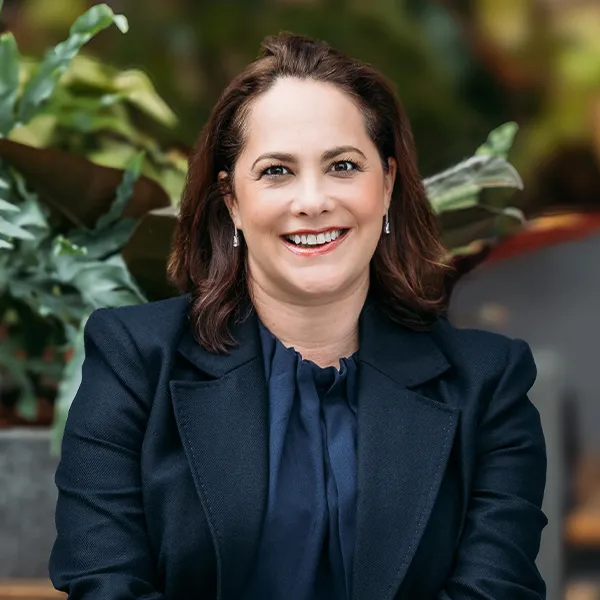
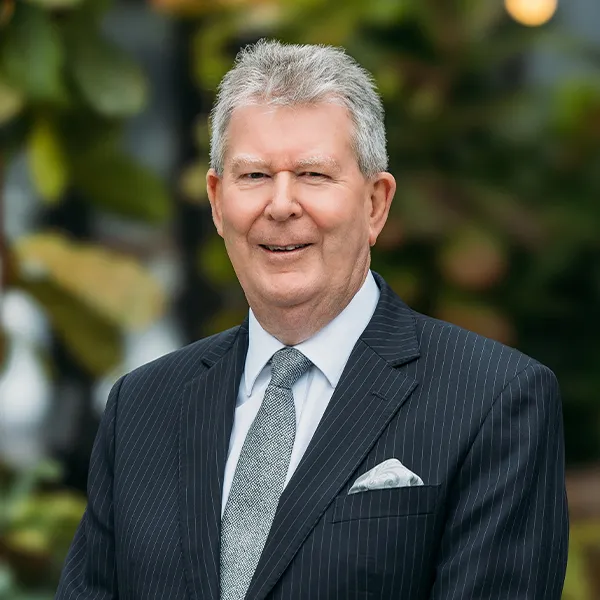
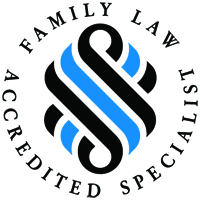



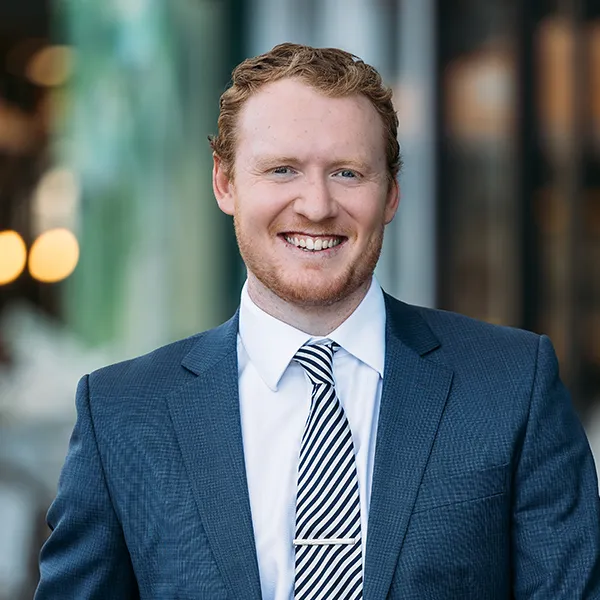


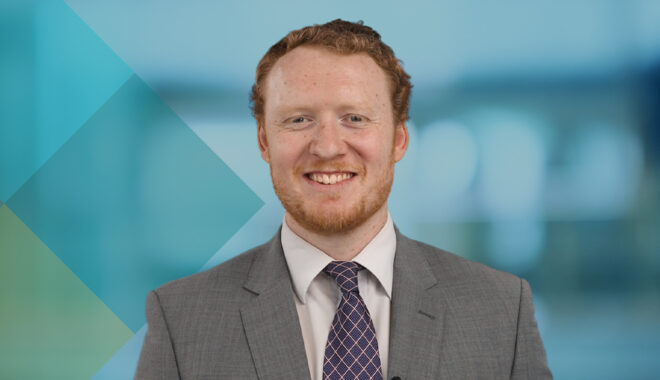








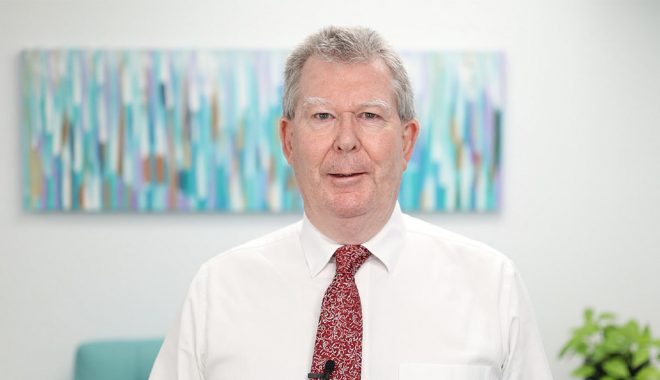


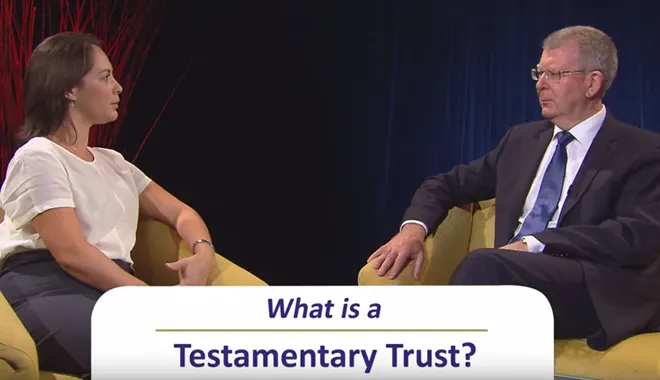
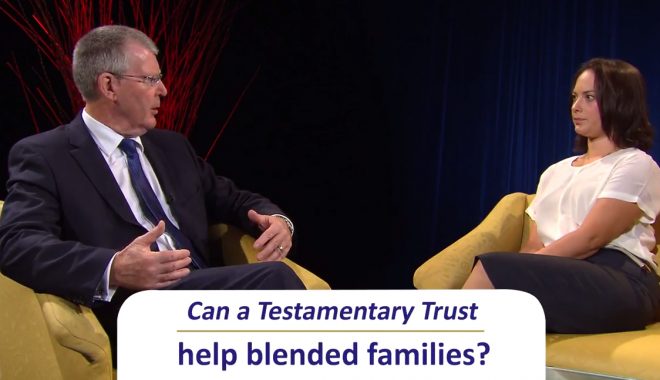
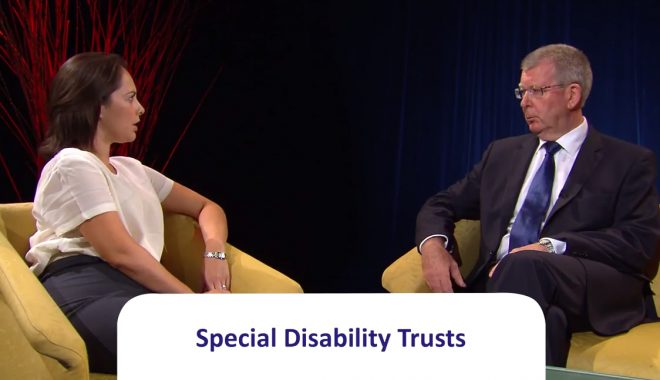
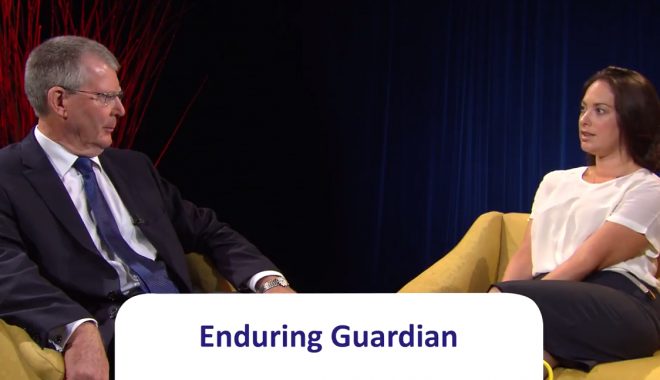
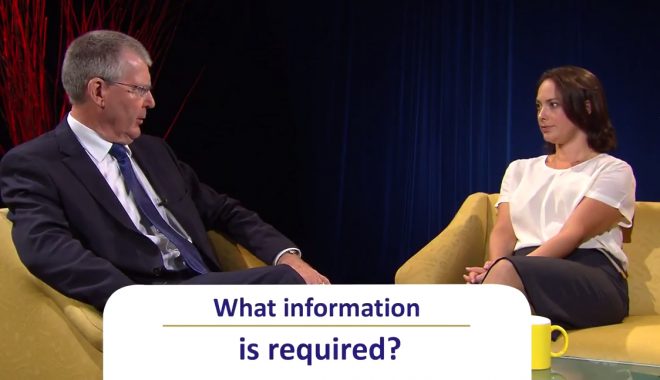










 Liability limited by a scheme approved under Professional Standards Legislation
Liability limited by a scheme approved under Professional Standards Legislation